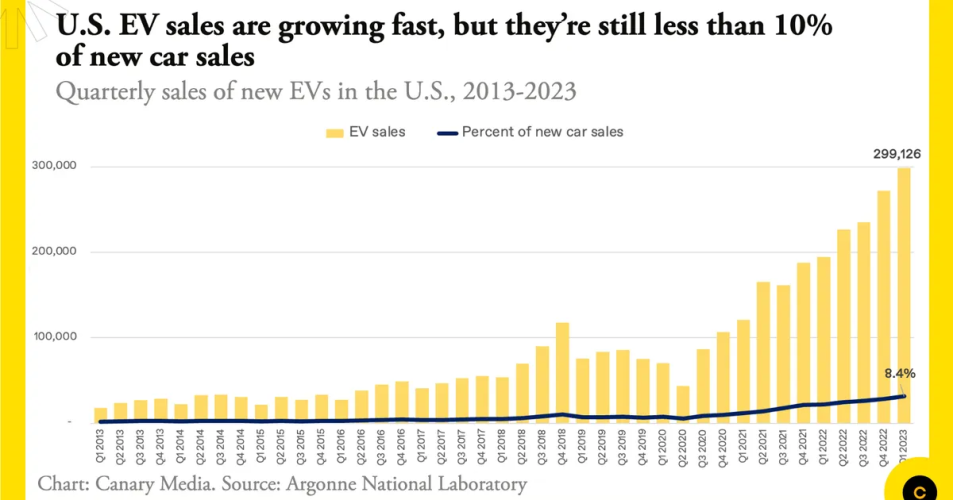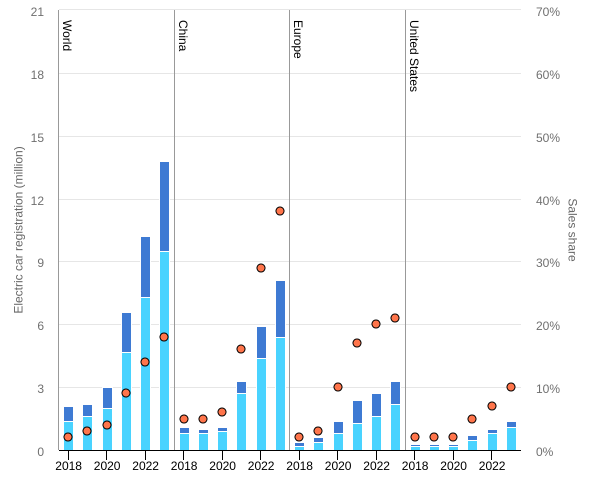Infoman
You're a Towel!
Offline
By the same numbers you presented, you must not know 12 people.
Its pretty simple. Next time you go car shopping be sure to ask for a car that is slower, louder, dirtier, dumber and requires more maintenance
The only downside at this stage is infrastructure and those wounds are fully self inflicted. This is true for 90% of Americans.
For the 10% that arent constantly towing or logistics companies, diesel is still king and likely will be for some time. I get that.
Yep - I know a dozen or so people that are lunatics that have no regard for price or practicality...
And for most people the deciding factor for buying a vehicle is not speed, looks, tech, or maintenance schedule.... It's price, monthly note, insurance, price, price, and function / fuel economy... then maybe color or style.
I do well... I still know very few people that are willing to spend upwards of $100k on an EV
I know there are people with deep pockets that can be idealistic when purchasing a vehicle... good for them... they are not the majority of car buyers in the US
Last edited:









